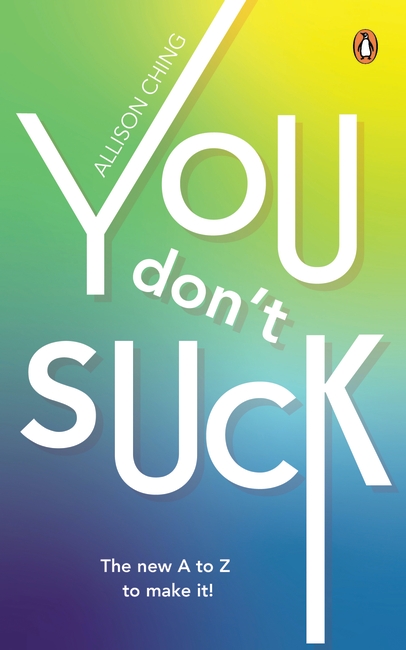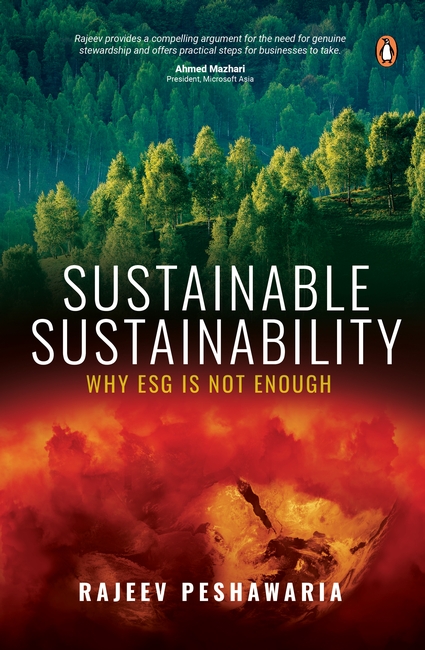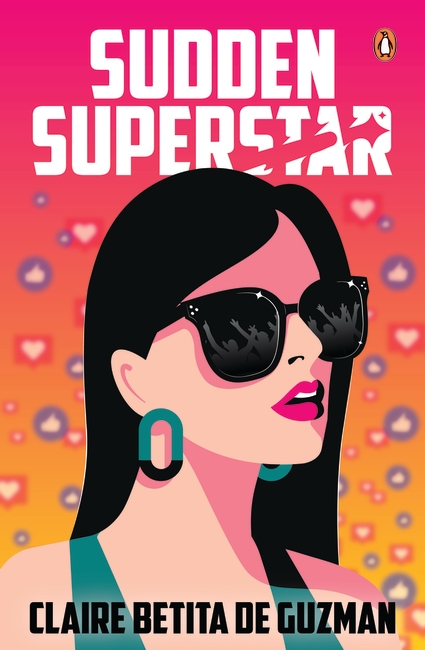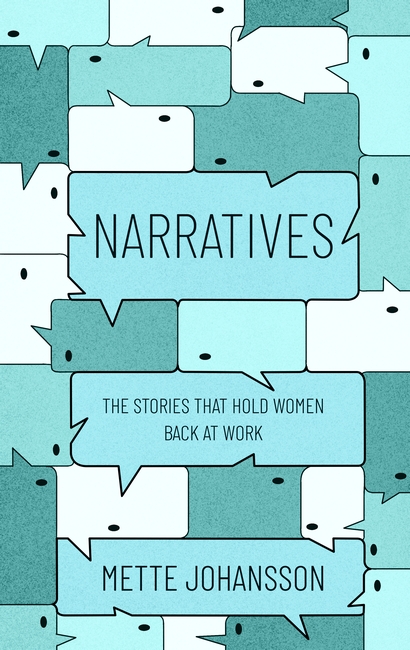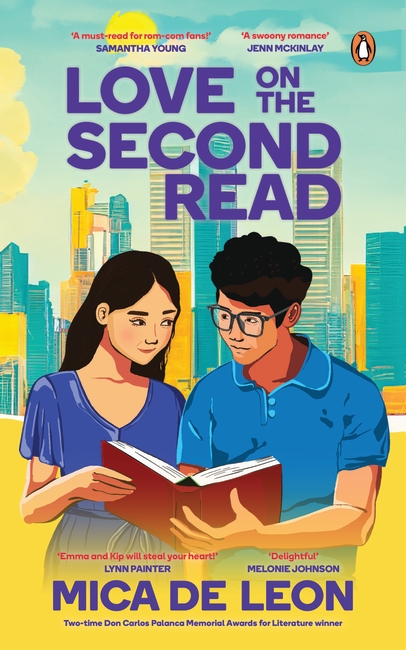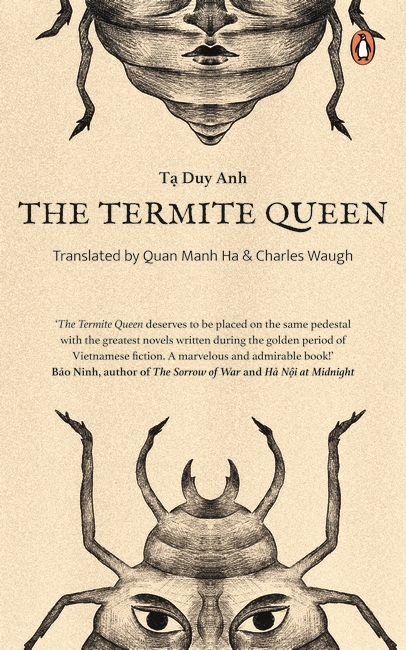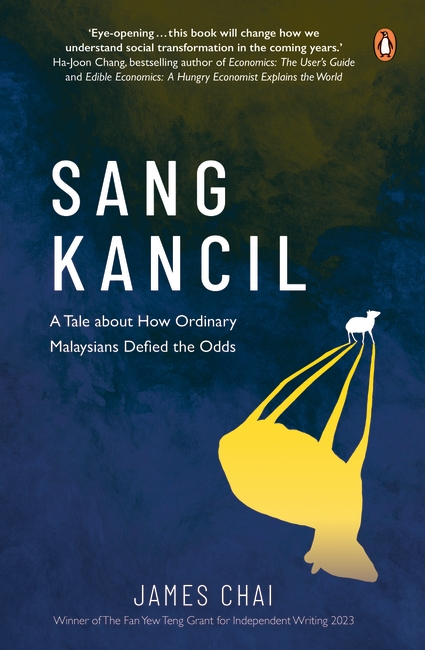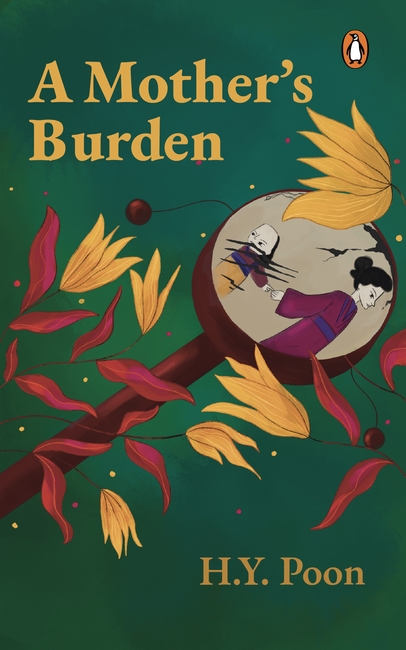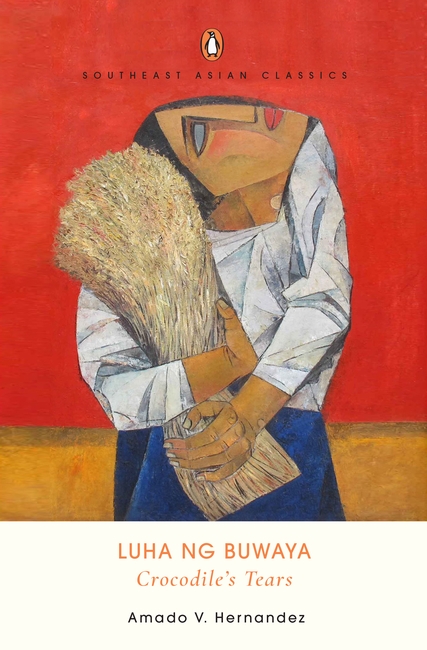
Let’s face it. Achieving what we set out to do can be one of life’s greatest challenges. From botched New Year’s resolutions to dreams and aspirations that never came to be, setbacks are a common albeit discouraging or disheartening occurrence in our lives. However, as many often say, the road to success is paved with failures. With the right knowledge and some inspiration, anyone can turn things around and savour success in a quicker and easier manner.
You Don’t Suck explores the realities of what it takes to achieve one’s goals and lead a more purposeful life. It introduces readers to three general phases in their journey to success—setting up, sustaining, and reflecting—and guides them through:
- timeless truths
- unconventional perspectives
- well-known studies
- light-hearted and serious examples
- personal and second-hand anecdotes
- practical approaches and advice
- simple wisdom for thought
In doing so, the book motivates readers to relearn the As to Zs of life, thereby renewing their mindset, recognizing their strength, and realizing their power of choice so they can see their ambitions through in their personal and professional pursuits.

The good news is that everyone is talking about ESG.
The bad news is that everyone is talking about ESG.
The cry for a more inclusive form of capitalism is growing. But the irony is we are using the same tools that caused the excesses of shareholder capitalism—incentives and regulations—to drive responsible behaviour.
Eighteenth-century economist Adam Smith propagated profit maximization as the incentive for businesses to create goods and services that society needs. He argued that free-market competition would ensure consumers get the best quality product at the cheapest price.
200 years later, Milton Friedman agreed in his seminal 1970 New York Times op-ed that the sole responsibility of business is to maximize profits ‘so long as it stays within the rules of the game’. Incentives coupled with some regulations were to henceforth safeguard societal interests.
Instead, incentives created bad behaviour. Regulations were routinely bypassed with intelligent loopholes. Despite this—to encourage sustainability today—we are again using incentives and regulations. That’s predominantly what the ESG framework focuses on. And what do we see? Rampant greenwashing and box-ticking.
To address today’s existential challenges, we need innovation of the highest order. Innovation can neither be legislated nor driven by extrinsic incentives alone. We need a values-driven revolution. We need steward leadership—the ability to create a win-win-win future for stakeholders, society, and the environment. ESG must upgrade to ESL, where the ‘L’ stands for Steward Leadership. In ESL, ‘G’ is a subset of ‘L’.
Sustainable Sustainability lays out a practical, step-by-step playbook for any commercial entity that wants to succeed at marrying profit and purpose.
https://www.sustainable-sustainability.com

What happens when one goes from obscurity to celebrity, overnight?
Thirty-year-old Arya Alvarez is a travel manager at Isle Z, a luxury travel company in Singapore where she creates bespoke trips for celebrities and influencers. Discretion is her specialty at work and personal life: few people know that she’s fled her home city, Manila, to get away from the scene of a devastating break-up.
When she travels to Svaneti, in the Republic of Georgia, Arya briefly encounters the mysterious Dave in a remote village high up the Caucasus mountains. Intrigued, she posts his photos on Instagram-which goes viral the very next day. Turns out, Dave is Davit Nadibaidze, a famous yet reclusive artist who’d retreated from the public five years ago and Arya is the first person to see him since he disappeared.
In less than 24 hours, Arya gains hundreds of thousands of followers. She’s deluged with invitations to talk shows, influencer parties, and celebrity junkets, all as her social media apps overflow with DMs, tags, and comments, both nice and nasty. Men are suddenly vying for her attention, including her ex, Jake.
Arya tries her best to step up, but she also struggles. What she really wants is to finally get over her painful break-up, find herself and a fresh start. But can she really, when she’s caught in this complex whirl of viral fame?

Every organisation has stories about women in the workplace that live on through constant retelling: ‘Women are too emotional’; ‘Women are not interested in a career’; and ‘We are hiring the best person for the job, regardless of gender’. We need to dispel these myths that undermine women and are keeping them on a lesser footing. Here are the tools for doing just that.
Based on thorough research and made highly relevant through dozens of anecdotes from hundreds of hours of interviews, Narratives: The Stories That Hold Women Back At Work will shatter ongoing workplace gender myths. Mette Johansson, in this book, provides context and different perspectives to dispel these myths and offer women-and men-the powerful arguments and tools they need to counteract them and ensure a fairer and more competitive workplace-and a better business overall.
Written in a highly entertaining way, Narratives challenges us to take different perspectives in the gender equity debate.

Emma Morales, tenacious romance book editor and proud cat lady, knows romance, but love? Nope. Thank you very much.
Enter nerdy science fiction and fantasy editor Kip Alegre, who quotes JRR Tolkien for breakfast and knows heartbreak all too well.
When Emma gets a career-changing sci-fi romance manuscript which may just save their publishing house from folding, she knows she must work with Kip if she wants to succeed.
Sounds simple enough, right? But when the well-meaning meddling best friends, an obsessive ex-boyfriend, and a beautiful ex-fiancée get into the picture, the job doesn’t seem so simple anymore. What starts out as a friendly-flirty-literary smackdown between Emma and Kip by quoting authors from Emily Henry to Brandon Sanderson grows into something deeper than either of them had signed up for.
The deal was to edit the book, not their lives.
Emma and Kip may be willing to read the manuscript over and over again, but will they be willing to give love a second read?

Burrowing deep inside the tension-filled relationship between contemporary Vietnam’s hyper-capitalist society and its communist government, Ta Duy Anh’s The Termite Queen tells the Kafkaesque story of a young man who must expose the corruption of a vast network of murky figures profiting from their connections to power. Banned in Vietnam, this allegorical story is told by Viet, a native-born Vietnamese who takes over his deceased father’s powerful land development corporation. The funeral hasn’t even concluded before Viet suspects foul play, as one clue after another leads him to question everything he thought he knew about his father, their family business, and its incredible ability to get approval for projects with dubious societal and environmental returns. With the Termite Queen, Ta Duy Anh cements his reputation as one of contemporary Vietnam’s greatest fabulists, having filled this tale with criticisms that can only come from a deep and abiding love for his country.

Ordinary is not as ordinary as you think. History is written by the loudest and most charismatic victors, but are silent about the true movers and shakers: the rebels, the honest servants, the quiet doers, the square pegs in a round hole, and the ordinary believers who kept showing up.
Through seven moving tales of courage, prolific Malaysian writer, James Chai, shows us in his debut book how:
– A frail 70-year-old woman became the face of Malaysia’s largest protest that helped overturn the longest-ruling regime in the world;
– A mother-of-two fought through gender and racial unfairness and became the first Asian woman to win the ‘Nobel Prize for Cancer Research’;
– A middle-aged, middle-level government servant exposed the largest white-collar crime in the world;
– A punk graphic artist persevered through multiple arrests and drew one of the most recognisable activist artworks in the region;
– An indigenous retiree battled powerful governments and corporations to usher in one of the largest environmental victories in Southeast Asia;
– A group of leaderless Sikh organisation saved the lives of thousands in the worst flood in modern Malaysian history; and
– A suburban bottom-of-class student found his way through modern history’s bloodiest wars and won the Pulitzer Prize.
Sang Kancil will force us to reassess what is truly important and remind us of what we are capable of. Filled with research-backed theories, this book is a call-to-action for the underdogs battling our own giants.

A mentally-disabled boy is found dead in a small town. All signs point to his mother, a poor and ailing widow, as the one who caused his death.
But as Liu Yong, the lowly attendant of the magistrate, delves deeper, he finds that things may not be what they seem. The young man’s investigations take him to the unfamiliar territory of the Capital, where he must contend with naked prejudice, bent officials and powerful foes. For help, Yong turns to the enigmatic Beggars’ Sect, a network comprising street people of variable character: good and bad, righteous and criminal. There is little room for error. One wrong step could bring failure, or worse.
In a strict, hierarchical society, Yong needs to dig deep to find the truth against the odds and, in the process, discover his own worth.

There’s no shortage of sadness. There’s no blaming those who succumb to omnipresent gloom. It’s today’s pervasive emotional climate.
However, there’s also enough laughter to go around. At least laughter that comes with a knowing wink, in camaraderie with the many prone to sadnesses.
This collection of 19 short stories hopes to make you laugh. That is: Despite the planet heating up. Despite the constant threat of fascism and disinformation. Despite empires disguised as good guys. Despite neoliberalism’s false promises and the ruthless competition it demands. Despite the persistent clout of capitalism, unrelenting in its dominion over life, over happiness.
Despite, perhaps, a lack of exercise . . .
By the end of the book, laughter finds a purpose, a place in the collective, aware of its rightful target. From sadness to laughter to indignation.
But wait there’s more.
Cheers.

The novel is set in the town of Sampilong which is under the conjugal dictatorship of Donya Leona and Don Severo Grande. They control the wealth and power in the town and use the institutions of politics, Church and law for their own ends. The townsfolk are composed of farmers and people living in depressed areas. Bandong, a teacher, serves as their leader and adviser. He educates the people and tries to bind them together to fight the wealthy and greedy couple.
The novel has wonderful set-pieces that vividly show the gap between the rich and the poor-the feast in the house of the rich as opposed to the imprisonment of Andres, the slum-dweller; the wake and the setting up of the cooperative; the wicked ways of the people under the control of the Grande family and the corrupt politicians. The novel ends when the townsfolk discover that the Grande family does not own the land they are claiming as theirs. The townsfolk have awakened from their slumber and decide to change the unjust system. They now have a newfound faith in themselves and their capacity to change their lives and the destiny of their country.






